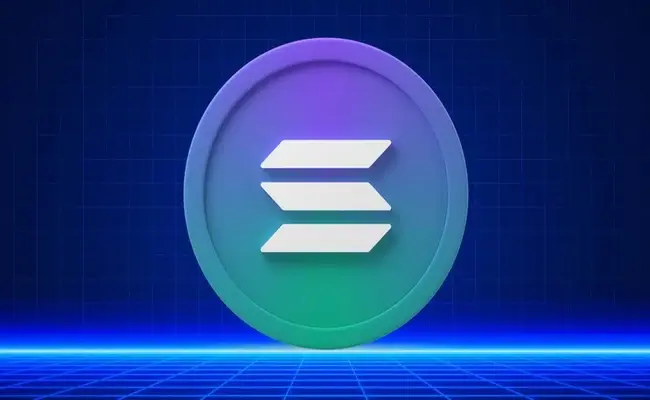Solana Foundation Adjusts Delegation Strategy to Promote Decentralization
0
0

Highlights:
- Solana has cut underperforming validators to boost network decentralization.
- New rules remove reliance on Foundation support and push validators to gain stake from the community.
- Matching rewards now favor validators who attract 100000 SOL from others and maintain high technical performance.
The Solana Foundation has introduced a major change to its validator delegation program to support greater network decentralization. Under the new policy, for every new validator accepted into the program, the Foundation will remove 3 validators that are not performing well.
Solana Foundation is now gradually reducing the number of validators it delegates to incentivize nodes to be more self-reliant
extremely bullish pic.twitter.com/9jThq3PRW4
— mert | helius.dev (@0xMert_) April 23, 2025
This update applies to those who have received delegation for at least 18 months but continue to hold fewer than 1,000 SOL in external stake. The Foundation aims to reduce support for validators that rely entirely on its delegation and instead promote those who attract community stake.
The Foundation plans to ensure that only the most consistent and community-supported validators benefit from its delegated stake. This change is also part of the broader effort to shift responsibility from central backing toward more organic participation.
The Solana Foundation originally gave stake to validators to bootstrap the network and get the network to have more participation. Through this, they earned rewards. Moreover, they could stake a fraction of SOL and contribute to consensus. However, some validators relied on foundation support over time even if they had poor performance. This, however, created problems of fairness and decentralization.
Validator Incentives and Network Health at the Core of Policy Shift
The Solana Foundation will provide a matching incentive for validators who achieve the new standards. The Foundation will delegate the same amount of SOL for every 100,000 SOL each validator secures from external delegators. The matching will attract long-term support from independent sources.
The update also comes with more strict performance measures. Validators are now expected to show both technical reliability and consistent engagement with external delegators. Foundation support will be lost by those who do not comply with these expectations.
Those with the highest external stake and strong performance will benefit the most. The Foundation believes that tying support to validators performance will incentivize them to perform better and compete fairly. The foundation aims to build a system where efficiency is tied to community trust.
The rapid growth of the current Solana structure has been due to foundation delegation. However, it has allowed less effective validators to continue operating. Their operations could slow down improvements to the network. The updated policy aims to fix the challenge by setting clear expectations and rewarding validators who meet them.
Staking Distribution and Challenges of Validator Profitability
The share of the total stake of the Solana Foundation has already fallen. It now represents between 13% and 16%. The majority of the stake is controlled by independent validators and stake pools, representing a shift towards community-driven participation. However, some validators with low external stake still depend on Foundation delegation to compensate for operation costs.
The high computational needs still make running a Solana validation node expensive. Some estimates suggest that server costs alone can reach $45,000 to $68,000 each year, not including hardware expenses. Because of these high costs, only large operators are able to turn a profit without outside support.
Solana has a strong staking rate compared to other networks. Around 65% of its circulating supply is locked in staking pools, while Ethereum and BNB show lower participation. Solana staking rewards currently offer an annual yield of 5.84%, though returns are paid in SOL, which can vary in value.
Best Crypto Exchange
- Over 90 top cryptos to trade
- Regulated by top-tier entities
- User-friendly trading app
- 30+ million users
eToro is a multi-asset investment platform. The value of your investments may go up or down. Your capital is at risk. Don’t invest unless you’re prepared to lose all the money you invest. This is a high-risk investment, and you should not expect to be protected if something goes wrong.
0
0
 Manage all your crypto, NFT and DeFi from one place
Manage all your crypto, NFT and DeFi from one placeSecurely connect the portfolio you’re using to start.







